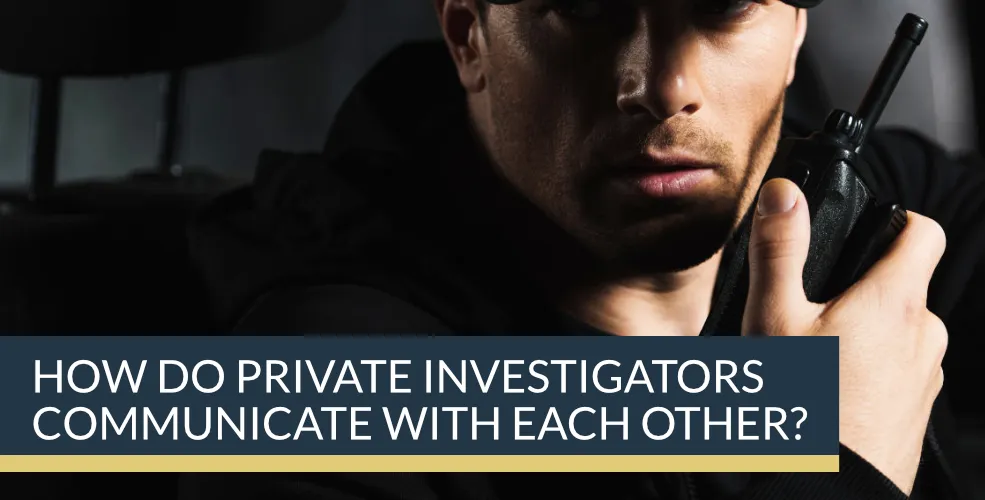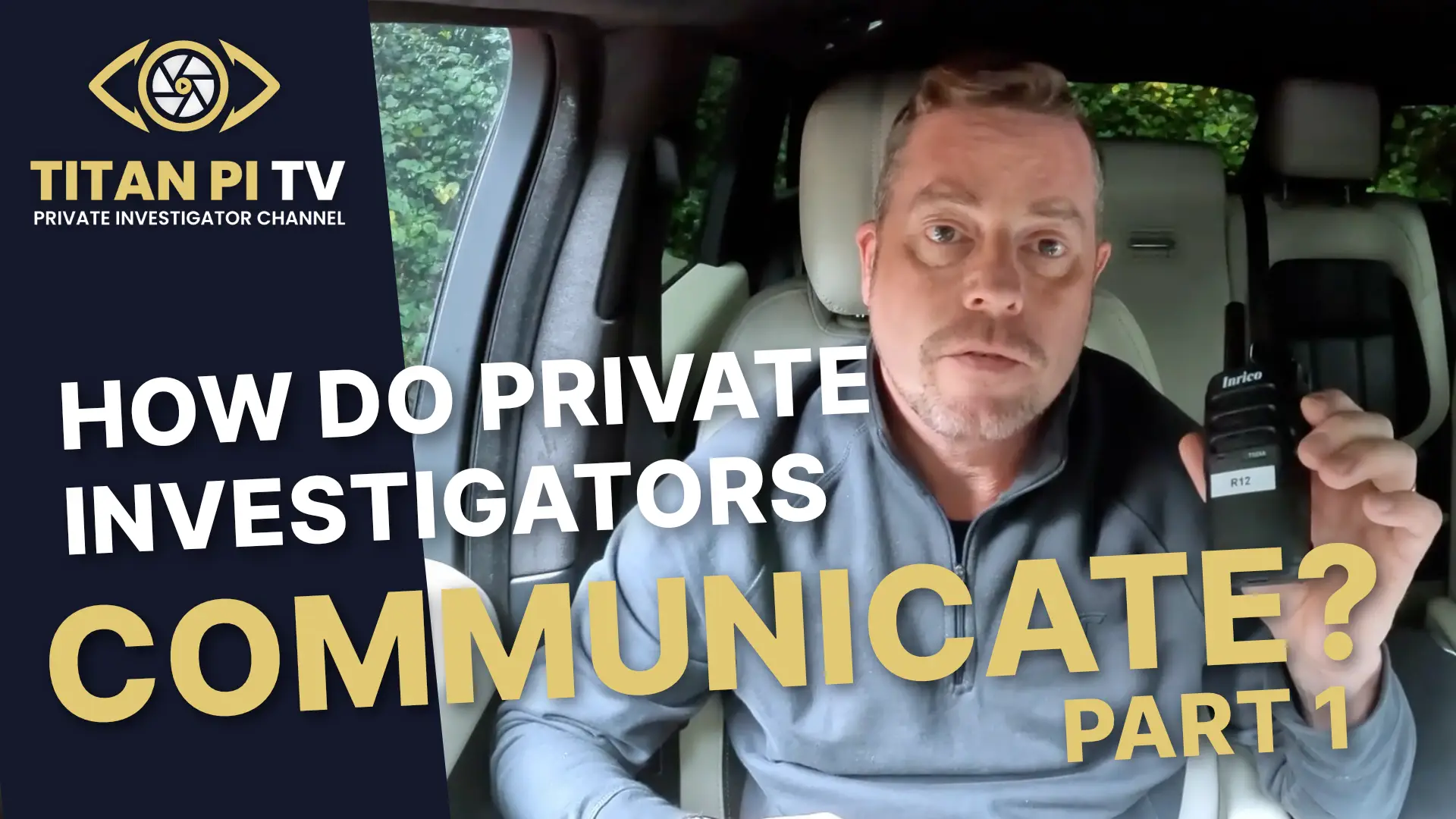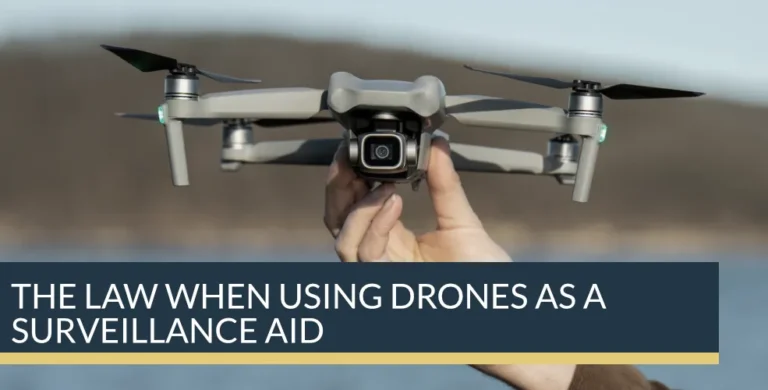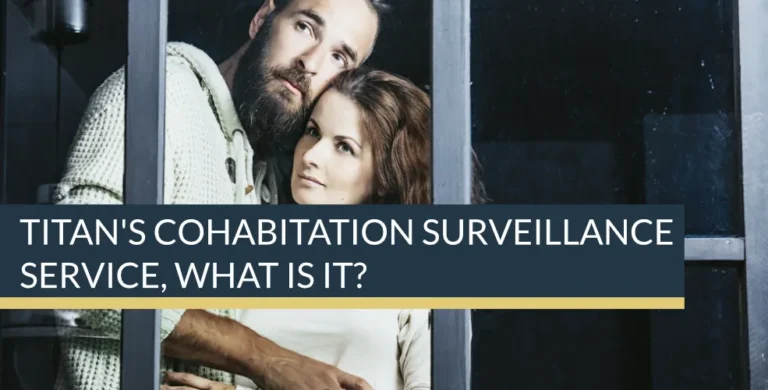How do private investigators communicate with each other?
Private investigator communications Part 1
IIn the fast-paced world of private investigation, effective communication is not only essential but could be the difference between a successful case and a missed opportunity. In the latest Titan PI TV episode, Simon Henson provides insights into the tools and methods that enable investigators to stay connected on the job. Maintaining consistent, clear communication can be challenging, especially during high-stakes surveillance, but with the right equipment and protocols, investigators are equipped to handle any situation that comes their way.
The Importance of Communication in Investigations
A private investigator’s role is complex, with most operations requiring team coordination, particularly during surveillance tasks. Whether they are shadowing a person, observing a location, or communicating findings to an off-site client, every member of the investigative team must be on the same page. Timely, accurate information exchange can prevent missed sightings and avoid the risk of compromised cover.
A successful surveillance operation, for instance, depends on constant updates. If one investigator observes the subject moving, they need to communicate this instantly so the rest of the team can reposition as required. Additionally, a good communication system allows for the quick relay of essential information to headquarters, where a dedicated operations manager may be monitoring the progress and overseeing logistics. But how do investigators achieve this high level of communication?
Types of Radios Used in Investigations
For private investigators, radios are the go-to tool for communication during field operations. While mobile phones are commonly used for certain tasks, radios provide instant, secure, and hands-free communication, which is essential for maintaining discretion and focus. The two primary types of radios commonly used are UHF and VHF radios.
UHF Radios (Ultra High Frequency)
UHF radios operate at a higher frequency, which allows for more effective communication in built-up areas. In crowded cities such as London, where buildings and structures can interfere with signals, UHF radios offer better penetration through obstacles, albeit with a reduced range compared to open spaces. Their reliable performance in these environments makes them a practical choice when investigators work in urban settings where they need to stay in close communication within a few kilometres.
VHF Radios (Very High Frequency)
While not as commonly used in private investigation, VHF radios operate at a lower frequency and are more suitable for open areas or rural locations. They perform well over greater distances in clear, unobstructed environments, making them ideal for cases that require wider range coverage. However, in dense urban areas, their signals are more easily disrupted by buildings and other physical barriers.
Network Radios: Enhancing Range and Flexibility
In recent years, network radios have gained popularity in the private investigation field due to their extensive range and enhanced capabilities. Unlike traditional radios, network radios, such as the Enrio 2 T529 Alpha, operate over cellular networks (4G and 5G) rather than radio frequencies. This means that investigators can communicate from almost anywhere in the country, as long as there is mobile network coverage.
Advantages of Network Radios
Network radios bridge the gap between traditional radio limitations and the flexibility of mobile communication. With network radios, an operations manager based in Derby, for example, can stay in real-time contact with a team stationed in London or any other part of the UK. This nationwide connectivity offers a new level of flexibility, allowing teams to remain coordinated regardless of physical distance.
This technology also benefits multi-location operations, where separate teams might be working on different aspects of a case in various cities. With network radios, all teams can remain connected, share updates, and receive instructions instantly, without being limited by geographic constraints.
Key Features of Communication Devices
In the field of private investigation, communication devices must be secure, efficient, and easy to operate covertly. Here are the key features that make these devices fit for purpose:
- Encryption
Security is paramount in private investigations. Encryption ensures that communications are secure from eavesdroppers, making it challenging for unauthorised individuals to intercept conversations. Licensed channels also add an extra layer of security, preventing unintended listeners, such as security personnel or store detectives, from picking up sensitive information. - Multiple Channels
Many radios feature multiple communication channels, allowing investigators to separate communications among different teams. For example, if one group is conducting surveillance on a subject, while another is monitoring a separate location, each can communicate within their designated channels without interfering with the other. - Earpieces and Microphones
Discretion is essential in private investigation. Earpieces allow investigators to listen to incoming messages without making their actions obvious. Combined with a discreet microphone, investigators can transmit information quickly and covertly without drawing attention. This setup is particularly useful during on-foot surveillance when visibility to the subject must be minimised.
Practical Considerations for Effective Radio Use
Using radios effectively in the field involves more than simply having the right equipment. Investigators must consider various practical factors to ensure continuous communication without compromising their cover.
Battery Life
Private investigators often work long shifts, so a radio’s battery life is a critical consideration. Most radios offer a battery life of six to eight hours on a full charge, but this can vary based on frequency of use. Investigators often carry spare batteries, particularly for extended shifts, to avoid running out of power during a critical moment.
Discreet Carrying Options
Radios need to be kept out of sight yet accessible. Investigators commonly wear radios on belts, within vests, or sometimes in leg harnesses to keep them within reach but concealed. Such placement ensures that they can communicate without exposing the device, which might alert a subject to their presence.
The Art of Covert Communication
While on foot, investigators must communicate discreetly to avoid detection. To achieve this, they often rely on wired ancillaries, a setup that allows for covert exchanges without drawing attention.
The Microphone
A small microphone, clipped inside a jacket or shirt, enables investigators to speak quietly and remain subtle. Positioned strategically, it ensures clear audio without being obstructive, and the microphone can be triggered by a press-to-talk feature, enabling investigators to communicate without using hand gestures that might raise suspicion.
Earpieces
Discrete earpieces allow investigators to receive messages in a way that is virtually undetectable to bystanders. By avoiding external noise and focusing on the message, investigators can maintain situational awareness and remain responsive without compromising their cover.
Press-to-Talk Functionality
For covert operations, a press-to-talk feature is invaluable. Rather than holding a radio to speak, investigators can press a button to activate the microphone. This allows for one-handed, discreet communication, enabling investigators to respond to messages without interrupting their primary task.
Conclusion
In private investigations, clear and secure communication is as crucial as a keen eye and careful planning. By utilising a combination of UHF, VHF, and network radios, private investigators stay connected with their team, manage high-stakes surveillance, and ensure client confidentiality. From encryption and channel allocation to the use of earpieces and covert microphones, these communication tools and techniques allow investigators to operate effectively in a variety of challenging environments.
With the right equipment and well-practised discretion, private investigators can deliver seamless communication that underpins their success. Titan PI TV continues to shed light on the intricacies of this captivating career, offering invaluable insights for aspiring investigators and enthusiasts alike. Stay tuned for more episodes that reveal the tools, techniques, and methods that make private investigation such an intriguing and vital field.investigator.
Would you like to become a UK Private Investigator?
For further advice and information about advanced becoming a Private Investigator or Covert Surveillance techniques and Titan’s surveillance training courses, then please feel free to speak to one of our professional team at one of the offices nearest to you.
London Private Investigator Training – Call the Titan Investigations London Office 020 39046622
Birmingham Private Investigator Training – Call the Titan Investigations Birmingham Office 0121 7162442
Cambridge Private Investigator Training – Call the Titan Investigations Cambridge Office 01223 662022
Derby Private InvestigatorTraining – Call the Titan Investigations Derby (Head Office) 01332 504256
Leeds Private Investigator Training – Call the Titan Investigations Leeds Office 0113 4574066
Leicester Private Investigator Training – Call the Titan Investigations Leicester Office 0116 2436520
Nottingham Private Investigator Training – Call the Titan Investigations Nottingham Office 0115 9646950
Manchester Private Investigator Training – Call the Titan Investigations Office 0161 3023008
Sheffield Private Investigator Training – Call the Titan Investigations Sheffield Office 0114 3499400
Truro Private Investigator Training – Call the Titan Investigations Truro Office 01872 888706
Alternatively, you can contact us directly using our fully confidential contact form at enquiries@titaninvestigations.co.uk or chat directly using our Live Chat facility and one of our surveillance training course team will get right back to you.















